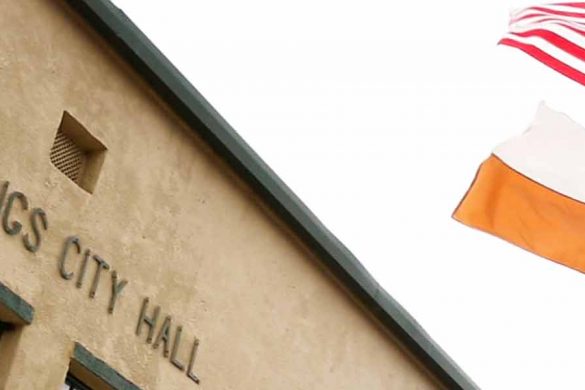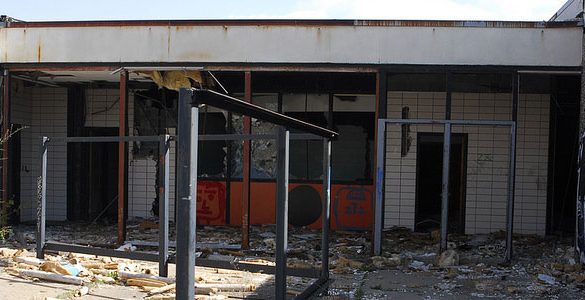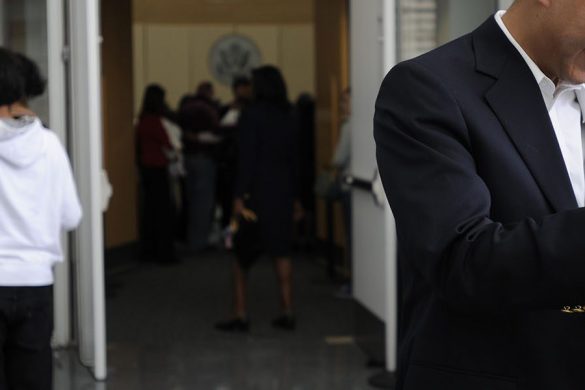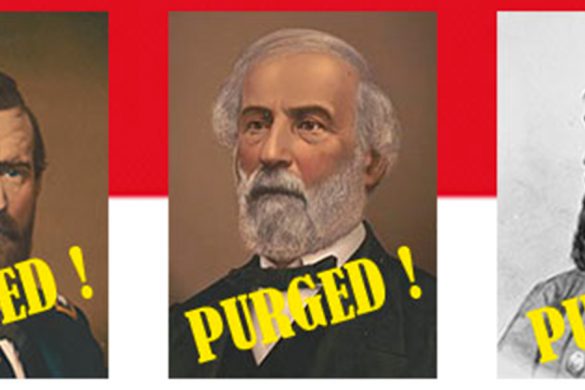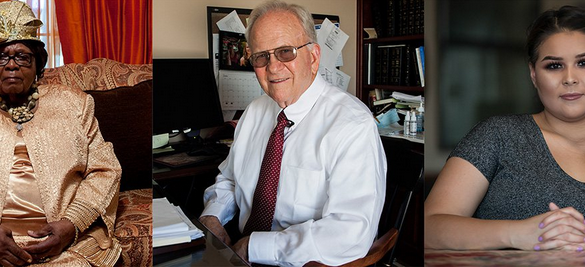PHOENIX – Texas agreed to weaken its strict voter ID law Wednesday following a federal court ruling that determined the law had a discriminatory effect.
Now, voters lacking one of the state’s seven approved forms of identification may sign an affidavit and cast a ballot. The state also agreed to spend $2.5 million on voter outreach before the November election.
The agreement, filed in U.S. district court Wednesday, was reached by the state and opponents to the law.
A federal judge must still approve the change.
The agreement is a huge win for civil rights and minority activist groups, who argue it disenfranchised poor, minority and disabled voters. Experts testified that more than 600,000 registered voters, or 4.5 percent of voters, lack one of the required IDs.
Under the agreement, election officials may not question a voter lacking the required identification before allowing them to cast a regular ballot. A vote can only be thrown out if an election judge has evidence to conclude that they are impersonating a voter.
Voters may then show an alternate form of identification, such as a paycheck, utility bill or any other government document with the voter’s name and address.
Texas’ voter ID law was passed by lawmakers in 2011 and used for the first time in the November 2014 election. Under the law, voters are required to present one of seven approved forms of government-issued ID at the polls, such as a driver’s license, passport or a permit to carry a handgun. Student IDs were not accepted at the polls.
The law repeatedly has been challenged in court. In July, the U.S. Fifth Circuit Court of Appeals in New Orleans ruled the law violated parts of the Voting Rights Act. It was booted back to a U.S. district court in Texas to determine how to change the law before the presidential election in November.
Texas Democratic Chairman Gilberto Hinojosa called the ruling a “huge victory.”
“When you have a law that makes it difficult for those folks to go out and vote, you hurt Democrats,” he said in July. “But more than anything it was a huge victory for Texans.”
But Republican state officials point to the ID law as a way to halt voter fraud in the state.
Texas Lt. Gov. Dan Patrick helped author the bill.
“Our photo voter ID law in Texas was supported by probably 65 to 70 percent of the people – Republicans and Democrats,” he told News21 at the Republican National Convention. “No one wants voter fraud.”
Marc Rylander, a spokesman for the Attorney General’s office, said “the case is not over” in an emailed statement Wednesday. The office will consider an appeal to the U.S. Supreme Court.
“Given the time constraints of the November elections and the direction of the 5th Circuit, today’s filings pertain to a proposed interim remedy while we continue evaluating all options moving forward,” he said.
